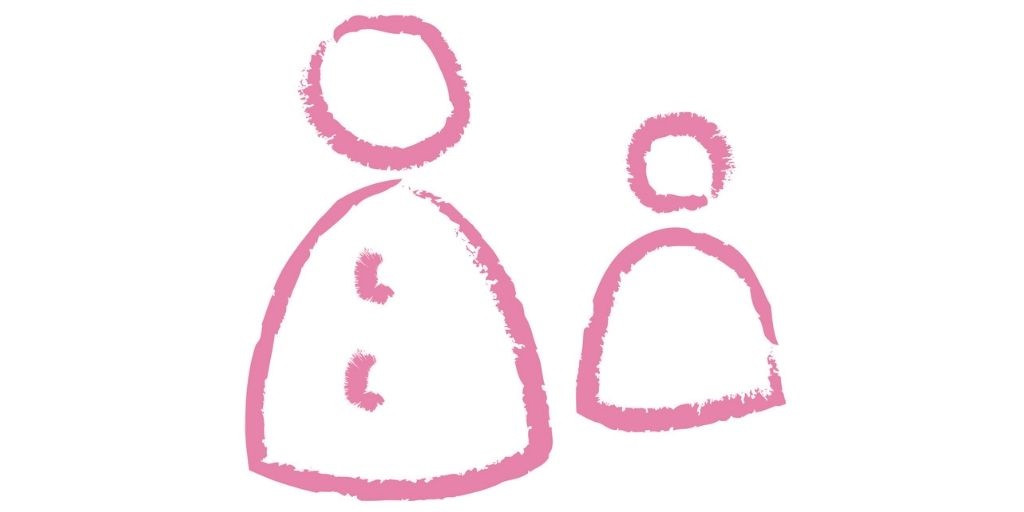15/10/2018
Jean Flanagan

The government has announced that it will allow heterosexual couples in England and Wales to enter into a civil partnership.
Teresa May stated that it will address the “imbalance” in society to reflect the fact that all couples – and not just same sex couples – can choose either a civil partnership or to get married.
The news follows a ruling in June this year that the current Civil Partnership Act 2004, which only applies to same-sex couples, is in breach of European Convention on Human Rights.
In the UK, there are over 3.3 million unmarried couples who live together with shared financial responsibilities. Nearly half of these couples have children. Under current law, cohabitees don’t have the same legal and financial standing as that of a married couple or those in a civil partnership.
Many heterosexual couples, who have no wish to get married, have been campaigning for a change in the law, arguing they’re being discriminated against because they’re not married and not gay. They believe that not being legally recognised as a couple creates uncertainty around next of kin and inheritance issues. They also claim they’re not benefitting from tax allowances that are available to married and civil partnership couples.
In announcing the change, Teresa May stated: "This change in the law helps protect the interests of opposite-sex couples who want to commit, want to formalise their relationship but don't necessarily want to get married...
"Now, by extending civil partnerships, we are making sure that all couples, be they same-sex or opposite-sex, are given the same choices in life."
Please note that this article is meant as general guidance and not intended as legal or professional advice. Updates to the law may have changed since this article was published.

